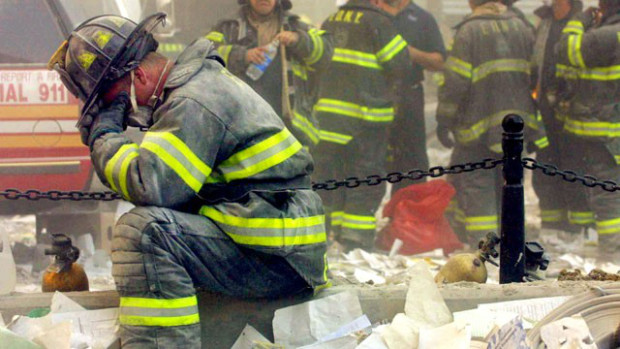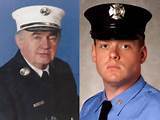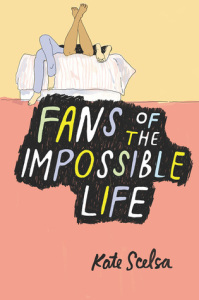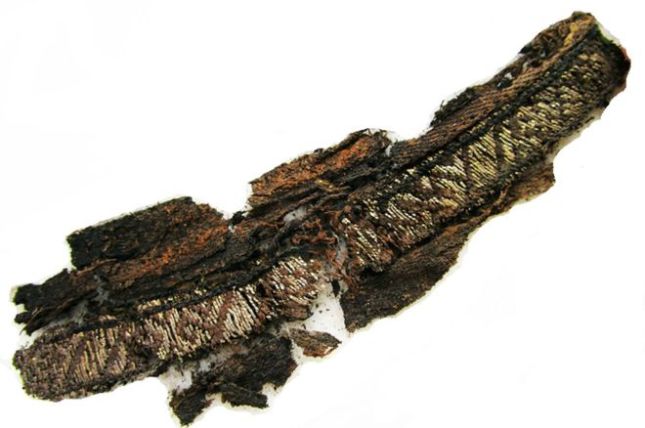
For many of us, the anniversary of that tragic day 16 years ago is mostly a one-day remembrance when we take time to remind ourselves of all of the lives lost so suddenly at the hands of terrorists. Even now that there’s no longer a gaping hole in Manhattan, some of those who were first on the scene continue to experience the deadly effects of that day long ago. Just last month, a man who served at Ground Zero passed away from cancer related to his heroic efforts—less than one year after his father, who also had been a 9-11 first responder, lost his own battle with cancer.
The passing of Robert Alexander, 43, in August 2017 and Raymond Alexander, age 76, in November 2016 marks yet another solemn September 11th “first”: the Alexanders became the first father and son to die years after the Towers fell from cancer linked to the work they did for several weeks afterward as they searched through the ash and rubble.
Ginger Alexander spoke to CNN after the death of her son Robert, and it was with pride that she remembered her son and her husband Raymond. At the time of the attacks, Raymond was a New York firefighter and Robert was an NYPD officer. When the two men both came home that night, having survived a day at Ground Zero, she was relieved and figured the worst was behind them.
That was, until 2003 when Raymond became ill. In fact, between 2003 and 2016, he battled no less than 7 different kinds of cancer, but ultimately he died from lung cancer. By the time of Raymond’s first diagnosis, Robert had followed in his footsteps and became a firefighter. Tragically, he too fell ill in 2014 when he was diagnosed with inoperable brain cancer. His mother fondly recalled a trip they took earlier this year to Germany to visit relatives: “He was starting to stumble a bit while we were there, and when we got home, it started his downhill slide.” Robert ended up in a wheelchair in his final months as the disease took its toll.
Robert had been active in the effort to extend the James Zadroga 9/11 Health and Compensation Reauthorization Act. Named after an NYPD detective who died from a respiratory disease linked to his recovery work at Ground Zero, the act offers compensation and services to those who have suffered from diseases linked to the toxic carcinogens left behind by the attacks. Robert visited Washington, D.C. in support of the Zadroga Act, even as he was dying from cancer himself.
Ginger Alexander is now left with her other son, Raymond, Jr., to grieve the deaths of these two heroes that were well-loved by family and friends. She hopes people will be inspired by their courage, strength and their big hearts.
According to the Centers for Disease Control, more than 7,000 people have been certified in the World Trade Center Health Program as having at least one type of cancer covered by the program. Of those, the vast majority of them were 9-11 first responders. Gerald Fitzgerald, President of the Uniformed Firefighters Association, said, “The impact of 9/11 is not over, and it doesn’t seem like it’s going to be over for a long, long time. I can’t imagine how the Alexander family feels, but I would hope that the entire country will keep them in their prayers and remember what happened on that terrible day and what continues to go on here in New York.”

Raymond and Robert Alexander: Two generations of 9-11 heroes
Advertisements Like this:Like Loading... Related




